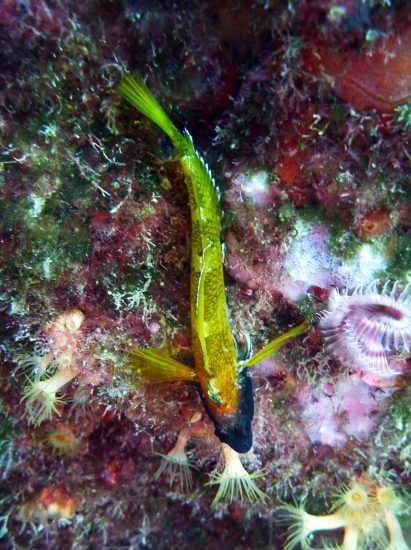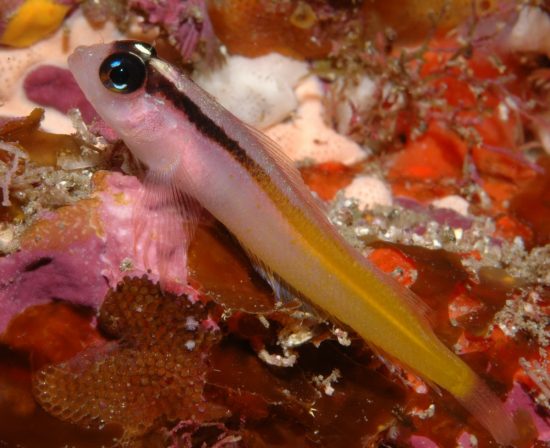



Such fish are “marine equivalent to rats”
For the first time, researchers at University of Adelaide have demonstrated that the ocean acidification expected in the future will reduce fish diversity significantly, with small ‘weedy’ species dominating the marine environments.
The researchers studied species interactions in natural marine environments at underwater volcanic vents, where carbon dioxide (CO2) concentrations match those predicted for oceans at the end of the century. The findings was then compared with adjacent marine environments that had current CO2 levels.
The study was done in a shallow-water temperate kelp ecosystem to get a glimpse into what future ecosystems might look like. It further shows that the forecasting effects of climate change on future ecosystems is impossible if we do not incorporate complex species interactions.
“Most research on the impacts of climate change has so far involved the study of individual or small numbers of species over short periods of time,” said project leader Professor Ivan Nagelkerken, a marine ecologist in the University’s Environment Institute.
In surveys and underwater experiments over three years, the researchers showed that in high CO2 marine environments, one or two of the smaller, behaviorally dominant fish species would proliferate while those species that are less aggressive and less common would disappear.
“If we look at the total number of fish, we actually see that these increase under ocean acidification but local biodiversity is lost,” said Professor Nagelkerken. “There are increases in the abundance of food such as small crustaceans and snails and, because the dominant species tend to win almost all combats with other species and are attracted to food much faster, their numbers rise.”
According to him, small weedy species would normally be kept under control by medium-sized predators associated with kelp. However, since ocean acidification is transforming ecosystems from kelp to low grassy turf, such intermediate predators are losing their habitats; as a result, such species are lost, and this allows the weedy species to flourish.
“The result is a lot of what are known as weedy species – somewhat the marine equivalent to rats and cockroaches, plenty of them around but no one really wants to eat them,” said Professor Nagelkerken.
One way to delay this loss in biodiversity is by reducing overfishing of the intermediate predators.
“We showed how diminishing predator numbers has a cascading effect on local species diversity. Strong controls on overfishing could be a key action to stall diversity loss and ecosystem change in a high CO2 world,” Professor Nagelkerken concluded.
For a link to the study see here
Video
 Herbert
Herbert 24th July 2017
24th July 2017